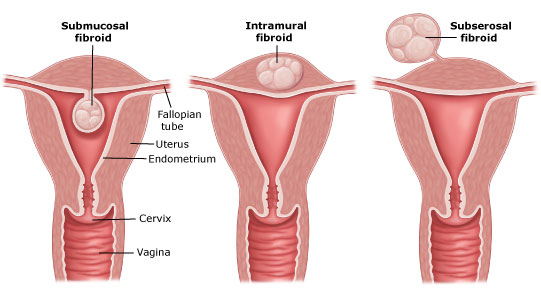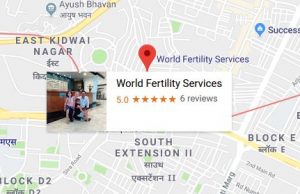Fibroids are very common in women as around 35% women suffer from them. For the uninitiated, Fibroids are overgrowths of tissue in the uterus or womb. They are a non-cancerous tumor that develops in the womb and you can see their growth from the muscle of the uterine wall. As many as 5 out of 8 women suffer with uterine fibroids but without showing any symptoms. The number of fibroids and its sizes decide whether the woman will suffer from any pain of discomfort. The submucosal fibroids are the ones most likely to cause heavy bleeding.
They are overgrowths of tissue in the uterus with symptoms of heavy menstrual bleeding, pain during intercourse, pressure in lower abdomen or an increase in the duration of the bleeding. Although their cause is unknown, they can block the sperm from reaching the egg and thus this can be major cause of infertility, if other factors are ruled out.
According to Livestrong, “Studies have shown that the fibroids most likely to cause infertility are the submucosal fibroids, which are located inside or near the innermost layer of the uterus. Also called the endometrium or the uterine cavity, this layer is the site for embryo implantation and the place where the baby grows for the entire pregnancy. So it makes sense that fibroids in this location could interfere with fertility and pregnancy, and most fertility doctors will recommend that these types of fibroids be removed before you try to conceive.”
When women conceive with fibroids in the uterus then she might go through abortion and other complications during delivery. Complications depends upon the size and location of the fibroid, there removal gives you a better chance to conceive, and if you planning to go through a removal procedure then get it done by an expert gynecologist.
*Inputs: Dr.nalini gupta dynamic fertility (Senior IVF Specialist & Senior Gynecologist)
Source : http://goo.gl/bdje6L



 WhatsApp us
WhatsApp us